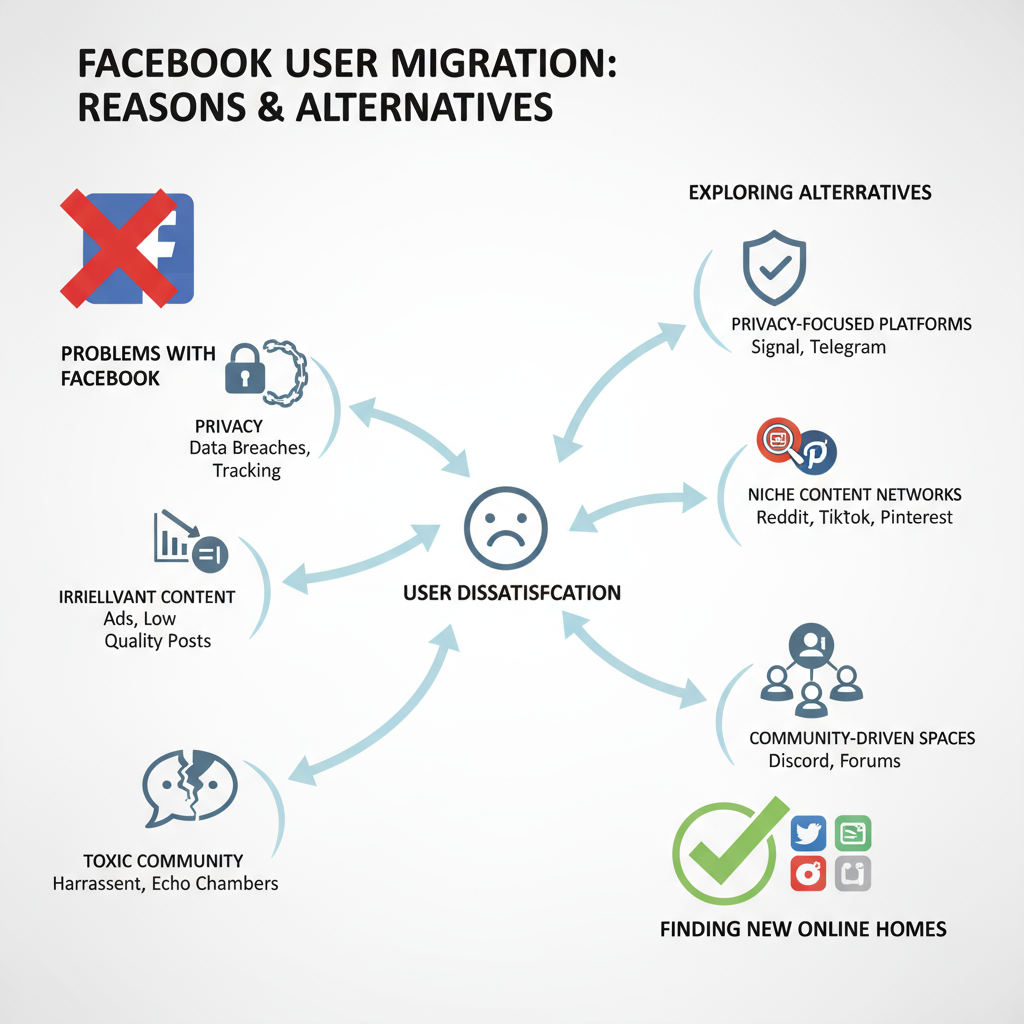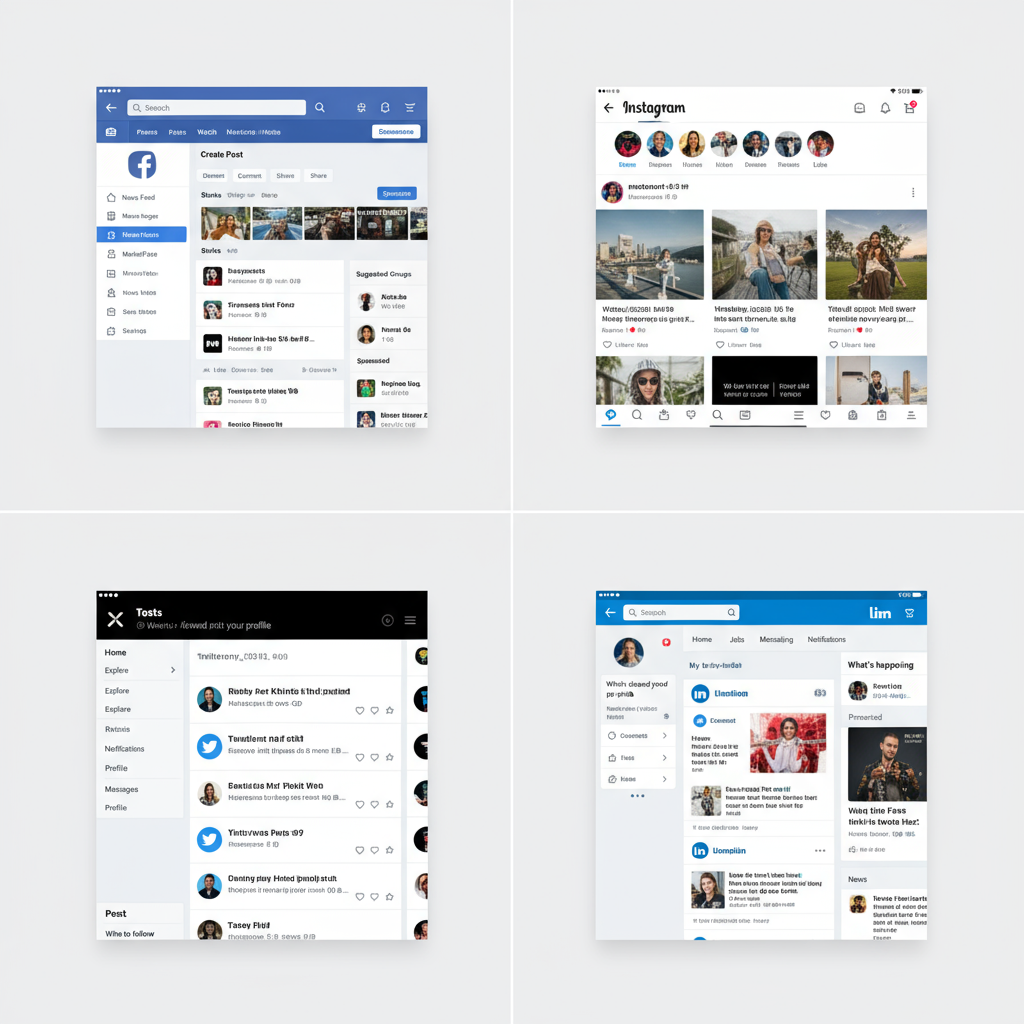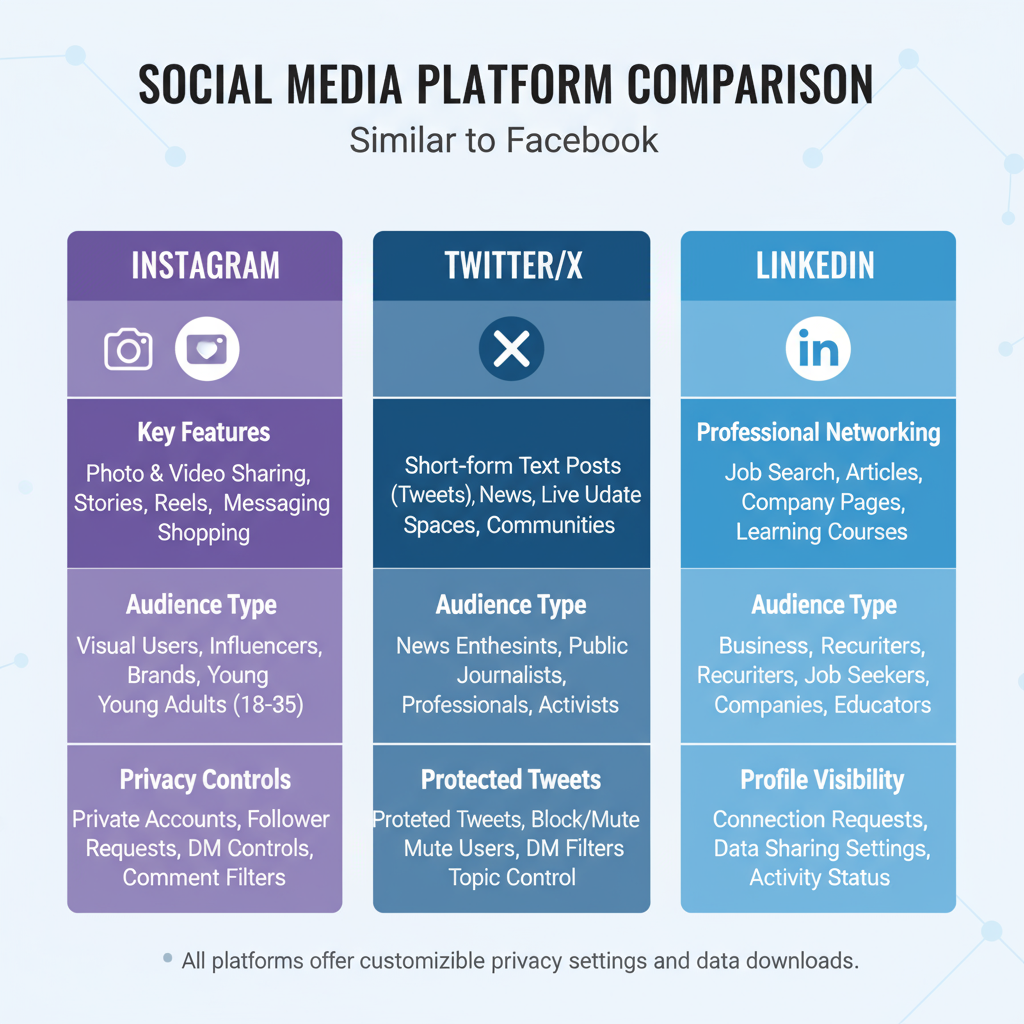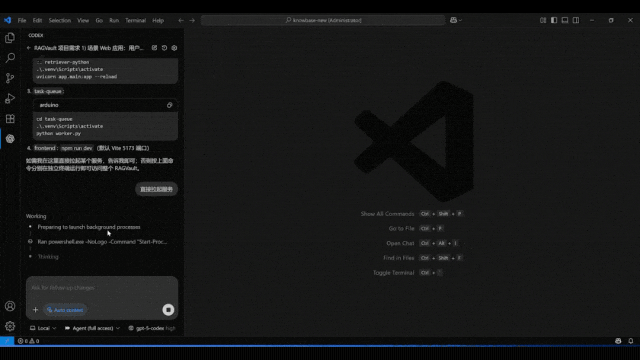Best Social Media Platforms Similar to Facebook
Discover the best social media platforms similar to Facebook in 2024, focusing on privacy, community, and features that suit diverse online needs.

Exploring Social Media Similar to Facebook: Best Alternatives in 2024
Facebook has long dominated the social networking space, but shifts in user expectations, privacy concerns, and feature preferences have fueled interest in social media similar to Facebook. In this guide, we’ll explore what makes a platform “Facebook-like,” why people are moving away, and which alternatives offer the right mix of features, privacy, and community for different needs.

---
Why People Seek Facebook Alternatives
Facebook has been one of the most influential social networks since its launch, but in recent years, many users have been looking for social media similar to Facebook for a variety of reasons. Concerns over privacy, changes to how content is surfaced, and increasing ad saturation have prompted a shift toward platforms that better fit individual needs and values.
For some, it’s about finding a network where they can connect in a more meaningful way; for others, it’s about reclaiming control over their data, avoiding algorithm-driven feeds, or exploring niche communities.
---
Defining “Similar to Facebook”
When we talk about finding platforms similar to Facebook, we generally mean social networks that offer:
- User Profiles: Ability to create a personal space with information, photos, and updates.
- Networking: Options to add friends, follow people, or join mutual connections.
- Groups & Communities: Spaces where people with shared interests can interact.
- Content Sharing: Posting text, photos, videos, and links.
- Event Management: Creating and joining events with RSVP capabilities.
- Messaging & Chat: Direct communication with individuals or groups.
---
Privacy and Data Concerns
Facebook has faced scrutiny over its handling of user data, from targeted advertising to high-profile breaches. Users worry about:
- Tracking across the web through Facebook Pixel
- Algorithm-driven feeds that manipulate engagement
- Data ownership and limited control over what happens to personal information
These concerns push users to discover alternatives that promise transparency, decentralization, or ad-free environments.

---
Top Platforms Social Media Similar to Facebook
Below are some notable alternatives, each with unique strengths.
Owned by Meta (like Facebook), Instagram emphasizes visual content — photos, short videos, and Stories. While it doesn't replace Facebook’s extended groups and events features, it resonates with users who prioritize aesthetics and visual storytelling.
Pros:
- Strong image/video sharing
- Large user base
- Integration with Facebook for cross-posting
Cons:
- Heavy algorithm influence
- Limited group functionality
---
Twitter / X
Twitter (recently rebranded as X) focuses on microblogging and real-time updates. It’s less about friends and more about public discourse.
Pros:
- Real-time news and trending topics
- Easy to follow public conversations
- Hashtags for discoverability
Cons:
- Limited in-depth event and group management
- High noise-to-signal ratio
---
More than a job-hunting platform, LinkedIn has grown robust social features: content feeds, groups, messaging, and company pages.
Pros:
- Professional audience
- Good for B2B networking
- Rich user profiles with work history
Cons:
- Not ideal for casual sharing
- Limited entertainment-focused communities
---
MeWe
Marketed as the “anti-Facebook,” MeWe pledges no ads, tracking, or manipulation of feeds. It offers a similar profile, group, and chat structure to Facebook.
Pros:
- Focus on privacy
- Ad-free environment
- Strong group features
Cons:
- Smaller user base
- Fewer content discovery features
---
Vero
Vero offers a chronological feed with no ads, designed for authentic sharing of various media types.
Pros:
- No algorithms pushing content
- Beautiful design and media presentation
- Flexible content categories (links, music, books)
Cons:
- Limited adoption rates
- Feature set still evolving
---
Diaspora\*
A decentralized platform where users join “pods” hosted by different operators. No single company controls the network.
Pros:
- Complete data ownership
- Strong privacy ethos
- Community-run
Cons:
- Less polished interface
- Smaller, scattered user base
---
Mastodon
Mastodon is open-source and federated, meaning independent servers connect in a broader network. It works similarly to Twitter at first glance, but can be adapted for niche communities.
Pros:
- Decentralization and privacy
- Community moderation
- Rich features like content warnings
Cons:
- Onboarding may be confusing
- Smaller reach compared to major platforms
---
Feature Comparison: Facebook vs Popular Alternatives
| Platform | Profiles | Groups/Communities | Events | Messaging | Ads |
|---|---|---|---|---|---|
| Yes | Yes | Yes | Yes | Yes | |
| Yes | Basic | No | Yes | Yes | |
| Twitter / X | Basic | No | No | Yes | Yes |
| Yes | Yes | Basic | Yes | Yes | |
| MeWe | Yes | Yes | Yes | Yes | No |
| Vero | Yes | No | No | Yes | No |
| Diaspora* | Yes | Yes | Limited | Yes | No |
| Mastodon | Yes | Yes (via instances) | No | Yes | No |
---
Tips for Transitioning to a New Platform
Switching networks can feel daunting, but here are strategies to make it easier:
- Research before committing: Sign up for multiple platforms and explore their cultures and features.
- Announce your move: Let friends know on Facebook where they can find you next.
- Import contacts: Some platforms allow contact syncing; otherwise, manually reach out.
- Join active groups: Engage early in communities to establish a presence.
- Customize your feed: Adjust notification and privacy settings for a tailored experience.

---
Potential Downsides and Learning Curves
Each alternative comes with trade-offs:
- Instagram: Great visuals but less focus on text discussions.
- Twitter/X: Fast-paced but requires effort to filter noise.
- LinkedIn: Ideal for professional networking but lacks casual conversation spaces.
- MeWe: Privacy-focused, yet smaller networks can feel quiet.
- Vero: Polished but limited adoption may hinder interaction.
- Diaspora\*: Requires some technical understanding to choose pods.
- Mastodon: Needs patience to grasp federation and server choice.
---
Choosing the Right Platform for You
When evaluating social media similar to Facebook, consider:
- Purpose: Personal networking, professional growth, niche hobbies.
- Privacy: Ad-based revenue vs user-supported models.
- Usability: How steep is the learning curve?
- Community Culture: Does the platform’s tone and audience fit your goals?
Businesses should weigh analytics tools, ad capabilities, and brand visibility. Individuals might value small communities, chronological feeds, or artistic presentation.
---
Summary and Next Steps
The social media landscape is richer than ever, offering numerous networks similar to Facebook yet distinct in focus, privacy stance, and community style. By understanding what each platform excels at, and what it sacrifices, you can choose a vibrant online space that aligns with your personal values or business objectives.
Exploring multiple platforms may reveal fresh ways to connect — and could reinvigorate your social media experience. Whether you crave tighter privacy control, real-time updates, or niche discussions, there’s an alternative waiting.
Ready to explore? Start by signing up for two or three platforms from this list and actively engaging for a week — you might find your new digital home.



